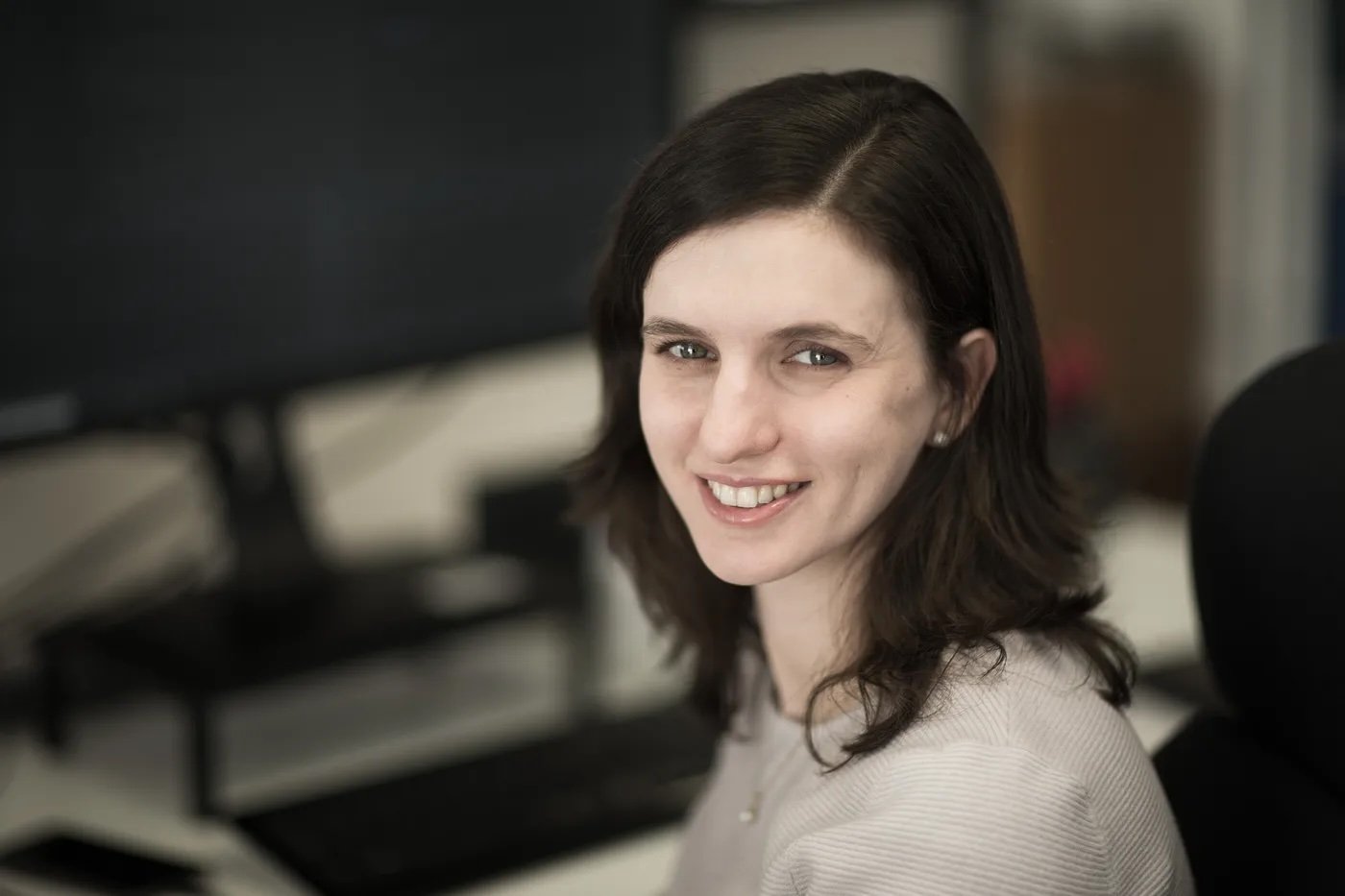AI Career Spotlight: Alessandra Tosi
/In this career spotlight series, we showcase the career paths, daily work, and impact of people working in AI. Whether you’re an aspiring researcher, an engineer, or simply interested in AI, these stories will give you a firsthand look at the possibilities ahead of you.
Today, we speak with Alessandra Tosi, Senior Scientist at Mind Foundry. She‘s also a board member of Women in Machine Learning.
“The beauty of the AI field lies in its variety and the multiple perspectives you can bring to a problem”
Alessandra’s journey started in academic research, before she moved into industry.
Tell us a bit about your job
I am a Senior Scientist at Mind Foundry, specializing in AI deployment within the insurance and infrastructure sectors. My role involves diverse skills, understanding user challenges, researching the most effective scientific approaches to address these issues, designing experiments, analyzing data, and collaborating with cross-functional teams to integrate AI solutions into our products. This requires both scientific depth and breadth, and it’s crucial for me to stay updated with the latest technological developments to provide the best and most innovative solutions to our customers. Recently, I’ve been involved in projects aimed at enhancing road safety, which have a direct impact on both road users and the broader population. I take great pride in delivering innovative solutions that positively affect people’s lives.
How did you get into the field of AI? What excites you about working in AI?
My journey into AI began during my masters studies in mathematics, where I had the chance to select elective courses in computational mathematics and I grasped how machine learning could be used to solve complex problems. I pursued a PhD with a focus on AI model interpretability and probabilistic geometry, which allowed me to delve deeper into the field and work on cutting-edge research projects.
Can you talk about some of the career choices you’ve made along the way?
One significant career choice I made was transitioning from academia to industry. While I enjoyed the theoretical aspects of AI research (and my love for math and theory still stands), I wanted to see my work applied in practical settings and have a tangible impact on people’s lives. I moved from an academic position to a startup, joining Mind Foundry from its inception. Contributing to the organization’s evolution and growth has been a tremendous learning experience. It has been incredibly rewarding to see my contributions directly impact products and services used by many people.
How did you develop the leadership skills you need for your role?
Developing leadership skills has been a gradual journey for me. I began by leading small projects, progressively taking on larger and more complex initiatives. Mentorship played an important role in my growth, I actively sought guidance from more experienced leaders and continuously incorporated feedback to refine my own approach. Over time, I have supervised interns, managed direct reports, and prioritized their professional development while emphasizing effective communication and fostering a collaborative team environment.
What’s your best piece of advice for anyone early on in their AI career?
A solid technical background in mathematics was incredibly helpful for many aspects of my research, but I also had to work hard to fill the gaps in other areas. To junior members approaching AI, I want to emphasize that you don’t need to know everything from the start. You’ll need to learn aspects outside your expertise as you go. The beauty of the AI field lies in its variety and the multiple perspectives you can bring to a problem. So, don’t be afraid to dive into the field just because you don’t know it all at the beginning. You will learn, and your unique perspective will be a valuable addition to the team.
Also, seek out mentors and build a strong professional network. Learning from others’ experiences can provide valuable insights and open up new opportunities.
What are you excited for in the future of AI?
I’m excited about the potential for AI to address global challenges, such as climate change and resource management. In previous work, I have been investigating how to balance the use of computational resources while enhancing model performance, in order to balance performance and sustainability of AI solutions. AI can provide innovative solutions for sustainability and help us make more informed decisions to protect our planet.

